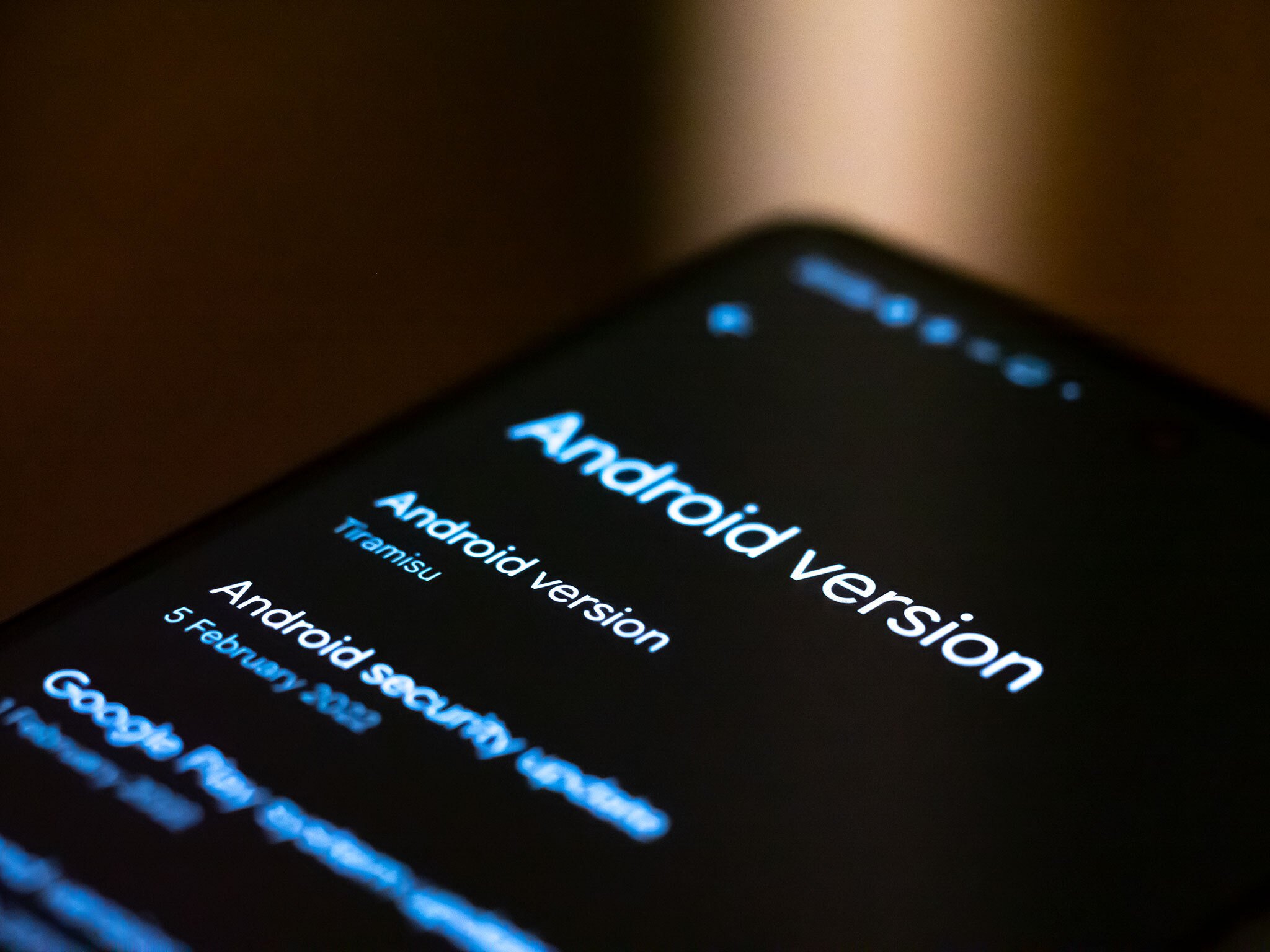Android Privacy Sandbox Developer Preview 5 is now available
The new release brings several new updates for developers.

Get the latest news from Android Central, your trusted companion in the world of Android
You are now subscribed
Your newsletter sign-up was successful
What you need to know
- Google brings a fifth developer preview to Android Privacy Sandbox.
- The release brings new design proposals for multiple APIs.
- These include updates to Attribution Reporting, FLEDGE APIs, and SDK Runtime.
Google recently announced its Privacy Sandbox's fifth developer preview, a significant milestone for the company since the first developer preview came out in April. While the first one brought Topics API, we get to see new updates and enhancements with the latest release in Google's attempt to rid the internet of cookies.
In a new announcement blog post, Google says that the feedback it received from testers helped the company modify the Privacy Sandbox design, which led to issuing additional design proposals on "FLEDGE services, mediation, and app-to-web measurement."
Firstly, the Attribution Reporting API now supports cross-app and web measurement and encrypted aggregatable reports. The former works on several parameters like app-to-app, app-to-web, web-to-app, and web-to-web.
The parameters are self-explanatory, meaning if a user sees an ad in an app, which further takes it to an app or another installed app, which is the case for the app-to-app parameter. Adtechs and apps can collect this data from the aforementioned paths and use them per their requirements.
Additionally, an update to FLEDGE allows users to set up a daily fetch URL to update "custom audience AdData lists and other metadata" and provide up-to-date data for auctions. Furthermore, it also brings various API signature changes and new parameter validations, requiring developers to update their code.
The SDK Runtime is a privacy initiative that allows third-party SDKs to run in a dedicated runtime environment. This release brings a new control to runtime-enabled SDK lifecycle events, allowing developers to easily recover from an unexpected termination of the SDK.
A small update to the Topics API brings an updated taxonomy for mobile apps. In addition, app developers must now declare new Ad Services permissions to utilize the privacy-preserving APIs.
Get the latest news from Android Central, your trusted companion in the world of Android
Google says it will continue to utilize Developer Previews to "innovate and implement" new features in the coming months. And we will see more on this in the Beta and future releases later this year.
Privacy Sandbox emerged as a multi-year initiative for Android devices (based on Android 13 beta) and as a way to minimize sharing user data with third parties, functioning without cross-app identifiers that include Advertising ID.
Meanwhile, the Privacy Sandbox initiative for the web and Chrome is delayed till 2024. Google clarified its decision in July, citing that the tool needs more time than expected to block third-party cookies. Users can track the proposals and development of Privacy Sandbox on Android and the web through Google's Privacy Sandbox landing page.

Vishnu is a freelance news writer for Android Central. Since 2018, he has written about consumer technology, especially smartphones, computers, and every other gizmo connected to the internet. When he is not at the keyboard, you can find him on a long drive or lounging on the couch binge-watching a crime series.
